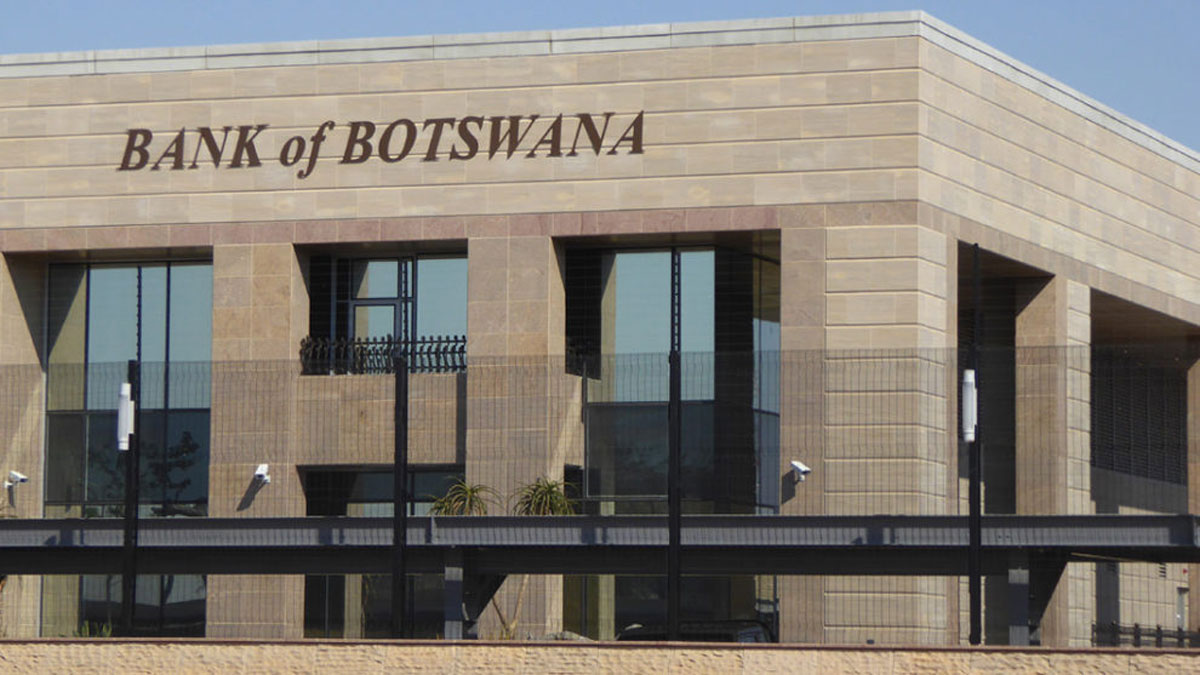Botswana’s financial system is reportedly resilient and continues to perform the expected function of financing other sectors of the economy despite worrying global economic challenges associated with Covid-19 pandemic and the Russia-Ukraine war.
The May 2022 Financial Stability Report (FSR) from the financial stability council indicates that given the strong capital and liquidity position, profitability as well as an enabling and effective regulatory environment, the country’s financial system remains strong.
“Notably there is no evidence of excessive and uncontrolled credit growth, the continuing fall in excess market liquidity due to persistent foreign exchange outflows is likely to be moderate, going forward, following improvements in diamond sales, asset prices have remained generally stable since October 2021 FSR,” stated the executive summary of the report.
The council further maintains that the risk of contagion between banks and non-bank financial intermediaries (NBFIs) remain elevated but moderated by effective prudential regulation and supervision together with strong liquidity and capital positions across the financial system.
“In addition the results of the bank stress test exercise suggest some degree of resilience even though this could be weakened by a delayed recovery,” added the council.
The insurance and pension sectors are also said to be solvent and liquid, although escalating claims associated with Covid-19 related deaths continue to challenge profitability in the insurance business.
There is also some notable recovery in the domestic capital market while financial market infrastructures remain stable and robust, thus promoting domestic financial stability.
“That notwithstanding there are emerging risks pertaining to among others, the consequences of the Russia-Ukraine war, exposure to cyber threats due to increasing usage of technology, uncertain employment prospects as business restructure and hence possible increase in loan repayment defaults, pension withdrawals and early redemption of insurance policies,” added the report.
Further risks from anti-money laundering, combating the financing of terrorism and countering proliferation financing deficiencies are expected to moderate following the removal of Botswana from the Financial Action Task Force (FATF) grey list and the European Union’s list of high risk countries in January this year.
“Botswana’s exit from the grey and blacklist is expected to boost confidence in the domestic financial system which is supportive of economic activity.”
Risk to global financial stability associated with Covid-19 have thus far reportedly been contained in an environment of accommodative monetary policy and expansionary fiscal policy measures as well as the re-opening of economies.
Meanwhile, the Global Financial Stability report of April notes the tightening of global financial conditions as policy interest rates are being raised and the risks of lower global economic growth have increased following the outbreak of Russia-Ukraine war.
The council therefore warns this will dampen positive expectations of economic recovery from the pandemic.






